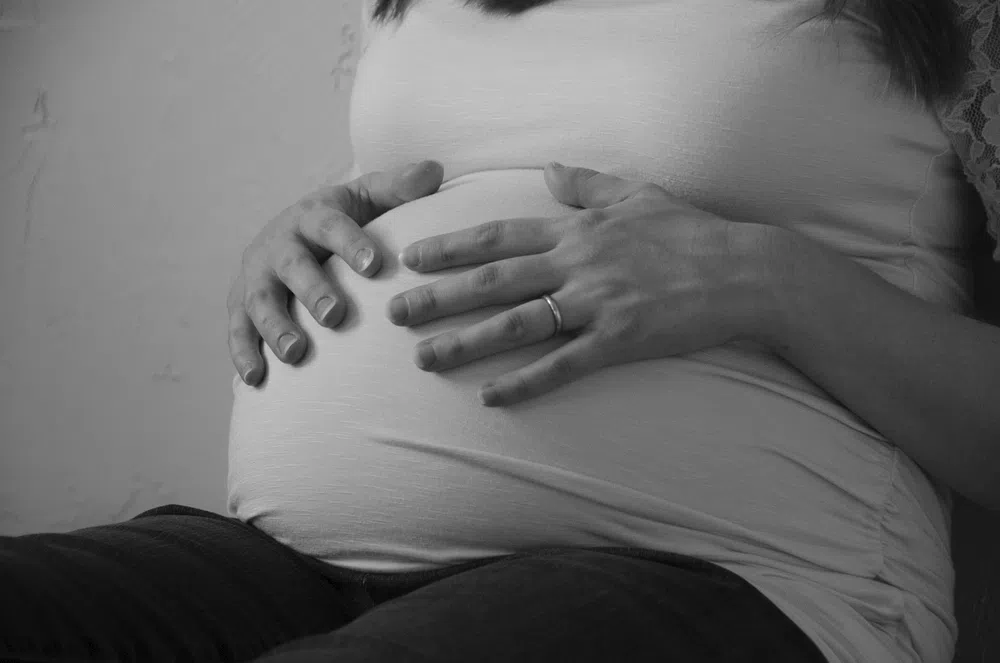
Pregnant women are facing a support and care crisis in the United States.
According to a new report from the U.S. Centers for Disease Control and Prevention, roughly one in every five pregnant or delivering patients reported mistreatment from their medical teams. For Black and Hispanic patients, that figure jumps to one in every three.
Another point of concern is that nearly half of survey respondents – 45% of the more than 2,400 individuals asked – reported holding back from asking their doctors questions during visits, in part out of fear that health care providers would think them difficult, or lacked time for them.
“As a health care community, we need to do all we can to make sure we are delivering equitable and respectful care to women during pregnancy and delivery,” CDC chief medical officer Dr. Debra Houry said in a statement to CNN. “Health systems, hospitals and providers can take steps to improve care and lower the risk of pregnancy-related complications – and death – for all women.”
Houry added, “These data show that we must do better to support moms.”
The news comes amid a maternal mortality crisis – and waning abortion access – that sees death rates among expecting and new mothers rising, despite 80% of those losses being preventable, CDC researchers added. This phenomenon, too, disproportionately impacts women of color – Black women in particular are three times more likely to die due to complications during pregnancy and childbirth.
Experts are concerned about the worsening trend. “Our system is broken for all women, but Black women bear the brunt of those inequities,” Nastassia Harris, founding executive director of the Perinatal Health Equity Initiative, said to CNN. “A lot of that has to do with racism, the intersection of sexism and misogynoir [misogyny directed toward Black women], and how that actually impacts how Black women are seen and perceived in the health space.”
This dearth of compassionate care manifests into something similar to “battered women’s syndrome,” Harris adds, in that “you’re so used to being mistreated that you don’t often recognize it.” And that means patients can’t properly advocate for themselves.
But, researchers add, the onus shouldn’t be placed upon them to solve the problem, anyway. Rather, “hiring and retaining a diverse workforce and providing health care provider trainings on unconscious bias and stigma can help improve the quality of care,” Houry noted.
Indeed, the responsibility falls to all of those around the expecting mother – both locally, and globally. “The health of moms reflects the health of our nation,” Houry told CNN. “We can all support women who are pregnant and postpartum and getting the care they need.”



